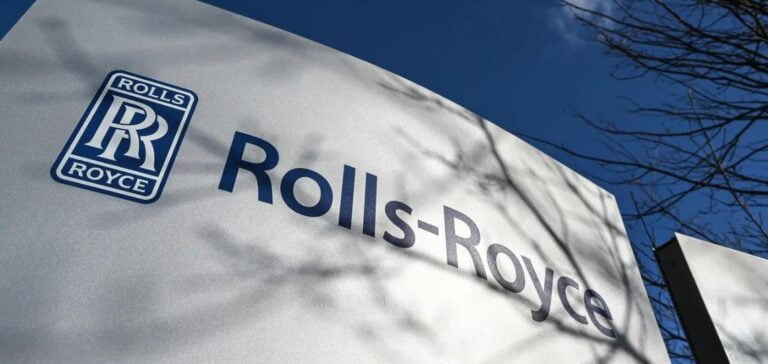Industria has submitted a request to the Polish Ministry of Climate and Environment for a decision in principle to build a new nuclear power plant. The plant, which will use Rolls-Royce SMR technology, will have a capacity of 470 MWe. It is designed around a small pressurized water reactor, with a spent fuel storage site integrated into the plant. This proposal aligns Industria with Poland’s objectives for reducing carbon emissions and developing clean energy.
Regulatory implications and support
The project took a crucial step forward when Minister Paulina Hennig-Kloska issued a positive decision. It asserts that the investment was in line with national energy and climate objectives. This decision, supported by the head of the Homeland Security Agency and the Minister of State Assets, marks the State’s official approval of the planned investment, in line with the assumptions and concept presented by Industria. It is also the first decision in the administrative licensing process for nuclear power plant investments in Poland, paving the way for other necessary administrative steps.
SMR technology and competitive advantages
Rolls-Royce develops SMR reactors, renowned for their ability to supply energy more flexibly. It is also less invasive than conventional large-scale nuclear power plants. The designers plan to build these reactors in series and install them in a modular fashion. The aim is to reduce construction costs and lead times. Alan Woods, Strategy Director at Rolls-Royce SMR, pointed out that:
“Today’s decision in principle by Poland’s Minister of the Environment is extremely positive news and allows us to advance our commercial and technical discussions on the deployment of Rolls-Royce SMR nuclear power plants in Poland.” He added: “Poland represents one of many key export opportunities for Rolls-Royce SMR as we look to capitalize on our progress in the UK and exploit the significant competitive advantage our SMR design has over its competitors.”
Impact on Poland’s energy initiatives
The project is part of Poland’s wider efforts to meet its decarbonization targets. It will contribute to the production of 50,000 tonnes of low-carbon hydrogen every year. In line with the objectives of the Central Hydrogen Cluster in Poland. In addition, this initiative increases the country’s energy independence by reducing its dependence on imported fossil fuels and increasing its renewable energy production capacity.
Minister Paulina Hennig-Kloska’s approval of the project represents Poland’s firm commitment to a sustainable energy transition. Poland is also a leader in the adoption of innovative, environmentally-friendly energy solutions. In particular, by adopting advanced technologies and supporting decarbonization initiatives.






















